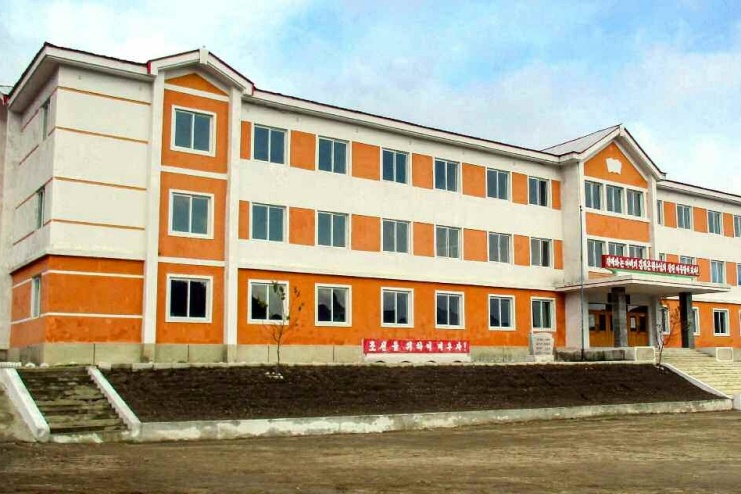Parents in Hamhung, North Hamgyong province, were outraged when a local high school posted and then quickly removed student results from the “preliminary exam” — North Korea’s equivalent of a college entrance test.
According to a Daily NK source in North Hamgyong province, the high school posted test results at its main entrance at 10 a.m. on Dec. 8, only to remove them an hour later. The results, printed on a large sheet of paper, displayed each student’s subject scores, total scores, and rankings.
Though the school had notified test-takers that results would be posted “Sunday morning,” their rapid removal left many students and parents unable to check their scores, prompting immediate complaints.
“While preliminary exam scores alone don’t guarantee university admission, high scores offer a chance at entry, giving students and parents hope,” the source explained. “They wanted to see the rankings to assess their possibilities, and when the scores were removed after just an hour, they flooded the school with protests.”
In North Korea’s university admission system, high school graduates must pass both the nationwide preliminary exam and individual university entrance exams. However, the key factor is receiving an “allotment space” — a quota system that limits university spots by region. For instance, if Hamhung receives 50 university admission slots for 2025, only 50 students from the city can attend.
While good test scores can help secure an allotment, the source noted that spots are often determined by parents’ social status or connections rather than academic merit. Without an allotment, even excellent test scores won’t secure admission; conversely, students with poor scores but influential parents can still attend university.
Parents understand this reality but still want to see how their children’s scores compare to others. Good test results, even without guaranteed admission, give parents leverage to protest to school officials or local education authorities, arguing their child deserves a university spot based on merit.
The school claimed it removed the scores to prevent tensions that might arise from publishing all results. It also refused to provide individual rankings to parents who inquired separately.
“Parents condemned both the school’s actions and the broader situation,” the source said. “They accused the school of hiding scores to prevent complaints since allotments were already decided. They questioned how long this system would persist, where children without money or connections can’t attend university regardless of their academic achievement.”




















